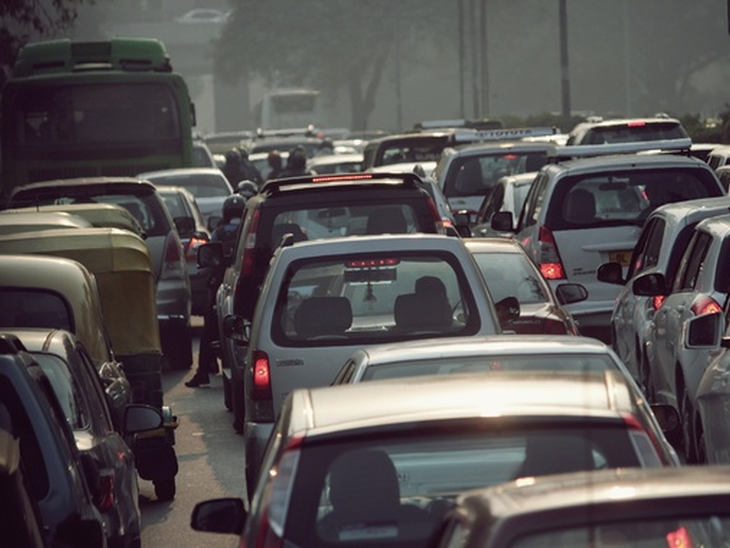
 Ethanol
Ethanol
T&B Petroleum/Press Office UDOP

The Indian Ministry of Petroleum, Natural Gas and Steel on Thursday (25) authorized oil and fuel distribution companies to sell pure ethanol (E100) at gas stations. The measure, according to analysts heard by the UDOP News Agency, has an economic and, above all, environmental bias. Brazil celebrated the Indian measure, as it sees it as an opportunity to export the flex fuel technology of its vehicles and the know-how of more than 4 decades in the production and consumption of ethanol.
For the president of Consultoria Datagro and member of the National Energy Policy Council of Brazil, Plínio Nastari, with the decision, India starts to follow a path very similar to Brazil. "They have all the conditions to develop a large program for the production and use of ethanol from sugarcane biomass, and other organic products, such as deteriorated grains and cellulose, which should open a very large market for the transfer of technology, including technology. automotive from Brazil to India ", he highlighted.
The decision, however, does not have any real immediate impact, because, in India, there is not yet a fleet of flex or even ethanol vehicles. "But the authorization indicates an important political decision for the use of renewable energies. It is the marriage of automotive technology with the availability of bioenergy," explained Nastari.
Another favorable point of the measure is the possibility of the Indian mills to transform the surplus of sugar, which in this harvest should reach 6 million tons, in ethanol. In mid-January, the Indian government had already announced that it would anticipate for 2025 the increase of the mixture of 20% of ethanol in the gasoline consumed by them. In the 2021/22 harvest, the mixture should reach 10%.
It is estimated that the measures adopted by the Ministry of Petroleum in India are expected to have an impact of around 110 billion dollars in savings for public coffers, in addition to reducing the country's energy dependence.
Environment
Other very favorable factors with the measure (of the increase of the mixture and now of the E100) are turned to the environmental aspects. Of the 50 cities in the world with the worst air quality, India has 25 of them. What has been worrying the local authorities a lot.
To give you an idea, the World Health Organization (WHO), recommends rates of up to 20 MP2.5 of particulate matter in the air, above that it is considered to be of high pollution. In New Delhi, the capital of India, the index, on average in December last year, hit 300 MP2.5, more than 15 times that tolerated by the WHO.
In comparison, the city of São Paulo, with around 20 million inhabitants and a fleet of more than 8.5 million vehicles, has, on average, an index close to 16.2 MP2.5, which reflects the use of ethanol, which emits zero particulate matter.
"Thus, we can deduce, also, that the Indian measure comes to solve a serious problem in the environmental aspect experienced by them", highlighted Plínio Nastari of Datagro.
Finally, the decision of the Ministry of Oil and Gas of India still signals an important future route, since with the process of electrification of the engines, which may occur through different routes, one of the cleanest and most sustainable is electrification with hybrid flex models, which favors, even more ethanol, now stimulated and authorized by them.
Contact us